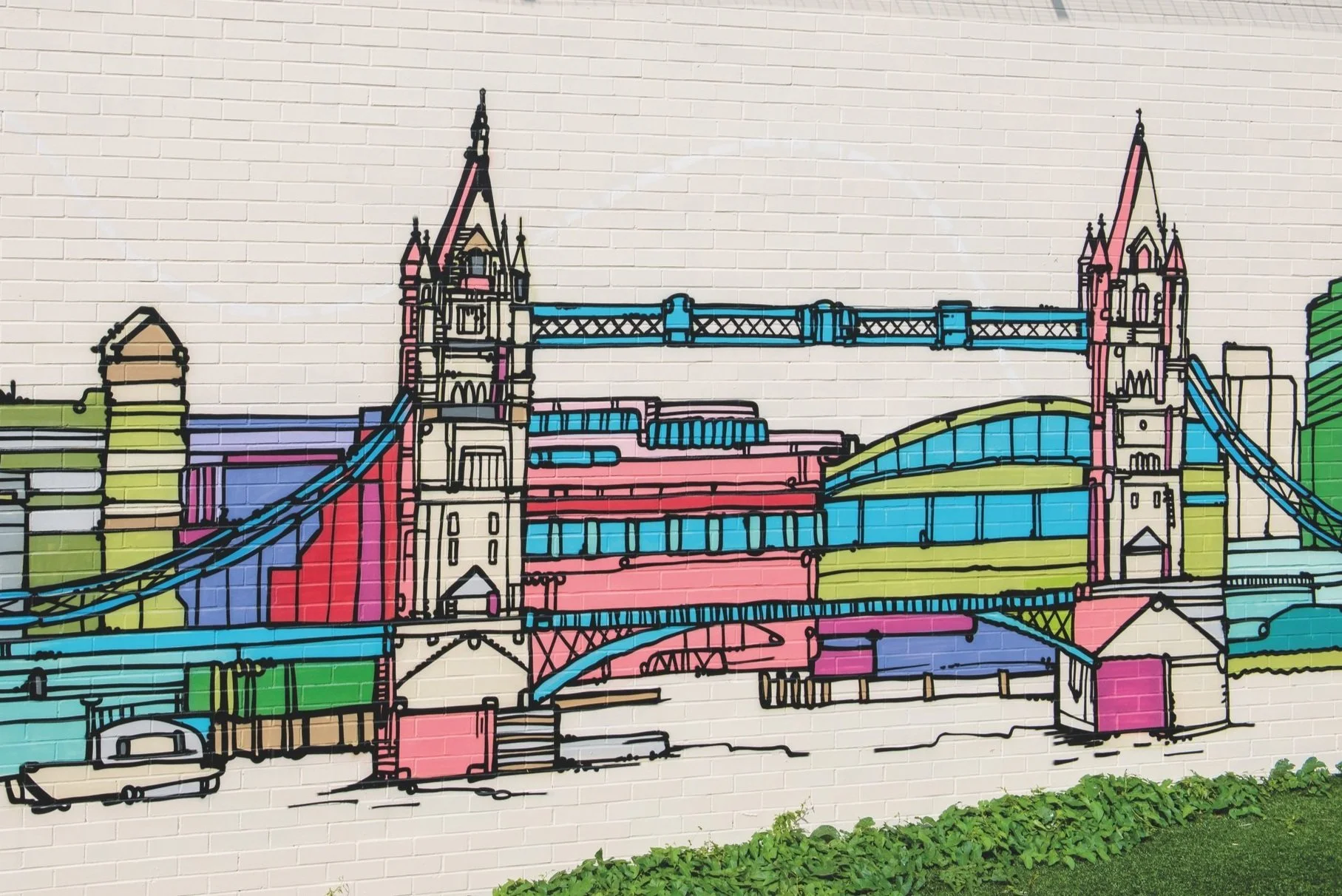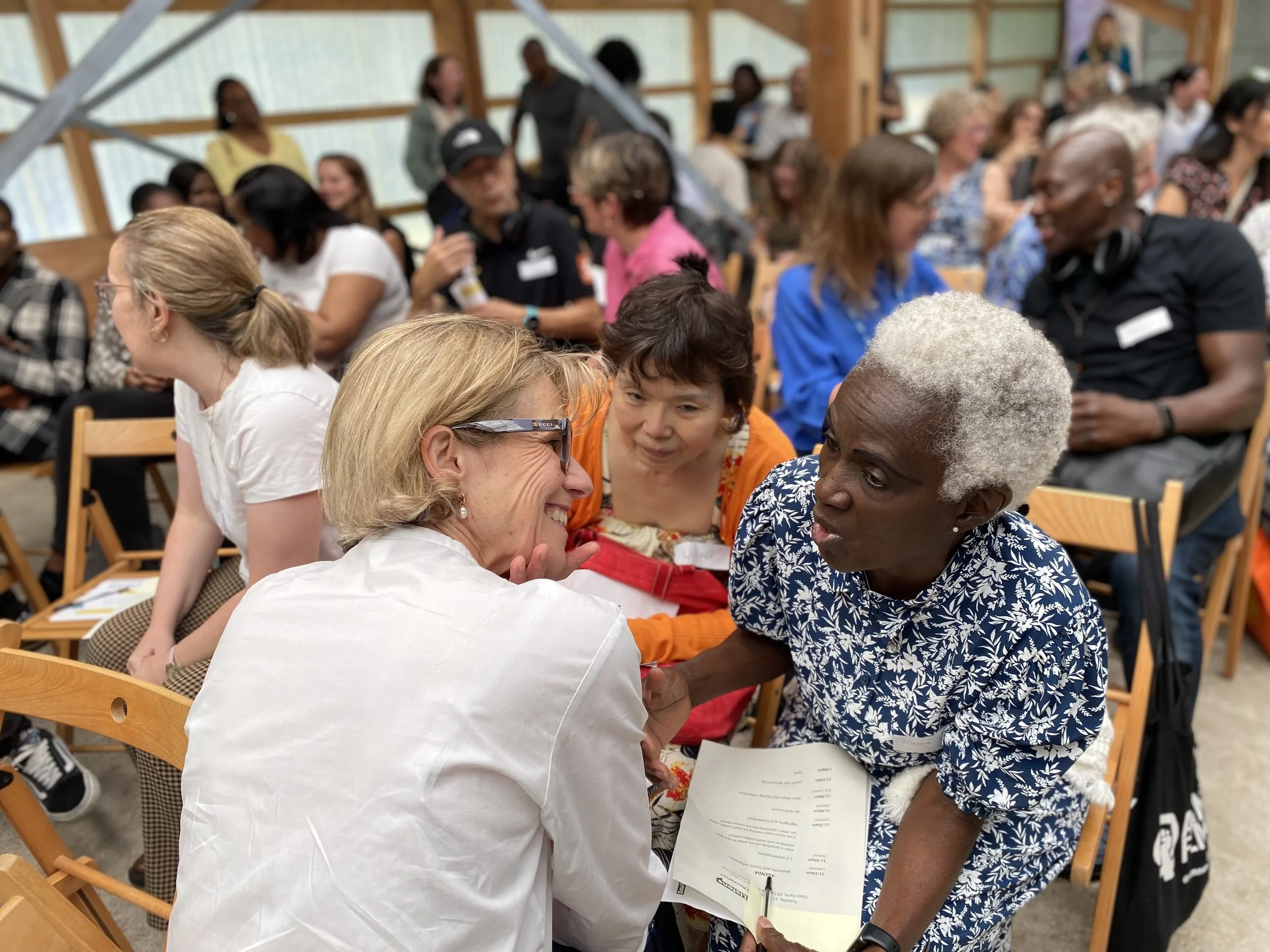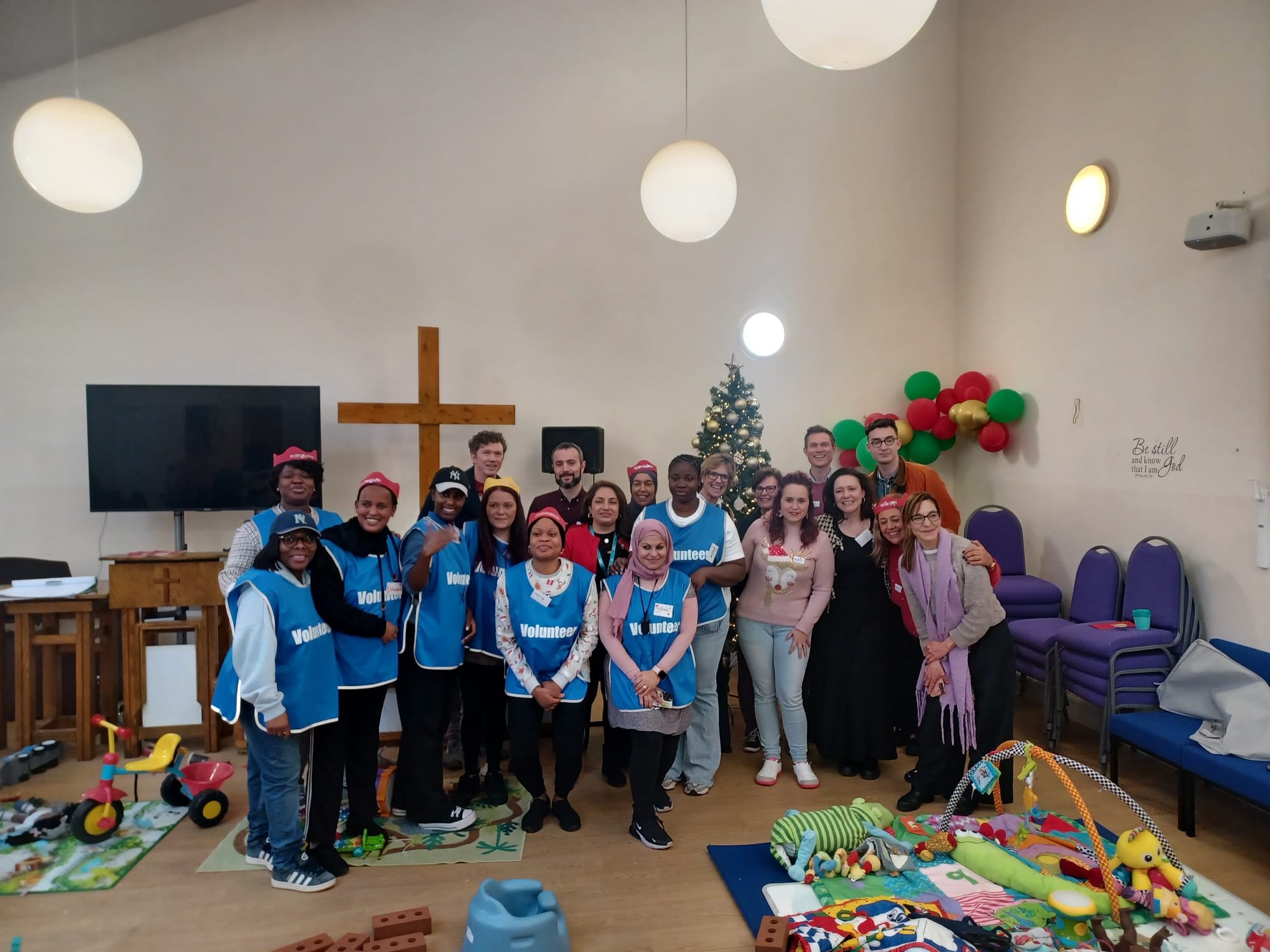Loneliness, social isolation and digital inclusion
Social isolation was the most common concern raised during our listening campaign. Many people, especially those aged 18-34, described feeling powerless, lonely, or disconnected from their communities.
What we’re working on
Be Well Champions programme – training community leaders to support mental health and reduce isolation in their communities.
Collaborating with local authorities – co-creating strategies to tackle loneliness and improve digital access.
Service reviews – making NHS and council services easier to access and more inclusive for those at risk of isolation.
Community events and workshops – offering social activities, digital skills sessions, and peer support groups to help people feel connected.
Multilingual support – providing resources in different languages to ensure communities with limited English can participate and access help.
Our priorities
Train 400 community leaders as Mental Health Champions.
Support local councils to create strategies that reduce loneliness and improve digital inclusion.
Strengthen community involvement in shaping mental health services.
Increase access to digital tools, training, and online community networks.
Encourage inclusive social opportunities to prevent isolation among vulnerable groups, including older adults and young people.
Highlights
Since 2021, 369 people have joined the Be Well Champions programme across 54 hubs.
26 people have completed the programme in Spanish, ensuring support is accessible to more communities.
Over 6,000 residents shared their experiences during the listening campaign, helping shape priorities and actions.
Digital inclusion workshops have reached over 1,200 residents, improving confidence and access to online services.
Peer support networks have expanded, connecting people from different communities and backgrounds.
What’s next
We will continue to grow the Be Well Champions programme, aiming to train more leaders and reach more communities. We will also work closely with local councils and community groups to implement strategies that tackle loneliness and digital exclusion.
Our focus is on creating stronger, connected communities where everyone can access support, participate in social life, and feel included.
For more information or to get involved, visit our Get Involved page.







